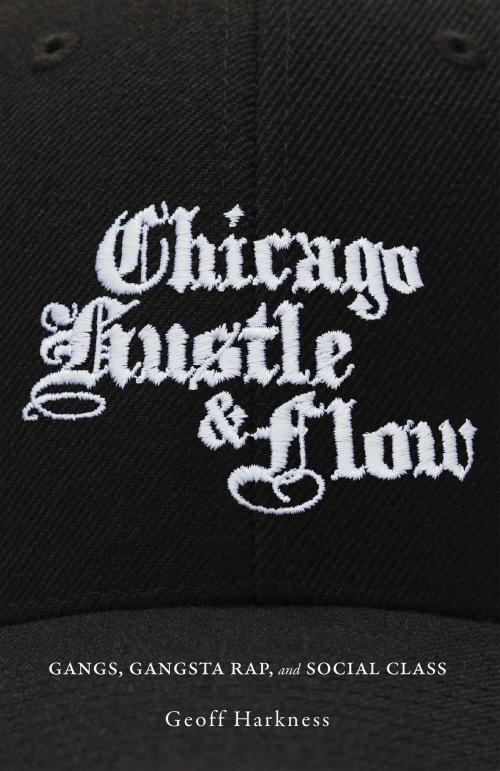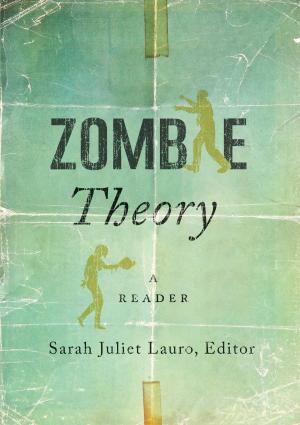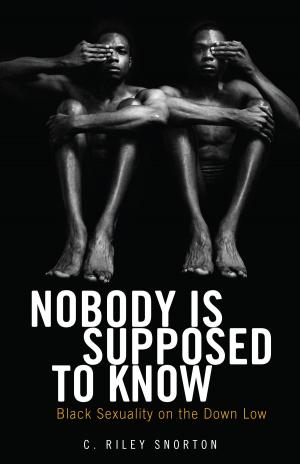Chicago Hustle and Flow
Gangs, Gangsta Rap, and Social Class
Nonfiction, Entertainment, Music, Theory & Criticism, Ethnomusicology, Social & Cultural Studies, Social Science, Sociology, Urban, Cultural Studies, African-American Studies| Author: | Geoff Harkness | ISBN: | 9781452943992 |
| Publisher: | University of Minnesota Press | Publication: | September 1, 2014 |
| Imprint: | Univ Of Minnesota Press | Language: | English |
| Author: | Geoff Harkness |
| ISBN: | 9781452943992 |
| Publisher: | University of Minnesota Press |
| Publication: | September 1, 2014 |
| Imprint: | Univ Of Minnesota Press |
| Language: | English |
On September 4, 2012, Joseph Coleman, an eighteen-year-old aspiring gangsta rapper, was gunned down in the Englewood neighborhood of Chicago. Police immediately began investigating the connections between Coleman’s murder and an online war of words and music he was having with another Chicago rapper in a rival gang. In Chicago Hustle and Flow, Geoff Harkness points out how common this type of incident can be when rap groups form as extensions of gangs. Gangs and rap music, he argues, can be a deadly combination.
Set in one of the largest underground music scenes in the nation, this book takes readers into the heart of gangsta rap culture in Chicago. From the electric buzz of nightclubs to the sights and sounds of bedroom recording studios, Harkness presents gripping accounts of the lives, beliefs, and ambitions of the gang members and rappers with whom he spent six years. A music genre obsessed with authenticity, gangsta rap promised those from crime-infested neighborhoods a ticket out of poverty. But while firsthand experiences with gangs and crime gave rappers a leg up, it also meant carrying weapons and traveling collectively for protection.
Street gangs serve as a fan base and provide protection to rappers who bring in income and help to recruit for the gang. In examining this symbiotic relationship, Chicago Hustle and Flow ultimately illustrates how class stratification creates and maintains inequalities, even at the level of a local rap-music scene.
On September 4, 2012, Joseph Coleman, an eighteen-year-old aspiring gangsta rapper, was gunned down in the Englewood neighborhood of Chicago. Police immediately began investigating the connections between Coleman’s murder and an online war of words and music he was having with another Chicago rapper in a rival gang. In Chicago Hustle and Flow, Geoff Harkness points out how common this type of incident can be when rap groups form as extensions of gangs. Gangs and rap music, he argues, can be a deadly combination.
Set in one of the largest underground music scenes in the nation, this book takes readers into the heart of gangsta rap culture in Chicago. From the electric buzz of nightclubs to the sights and sounds of bedroom recording studios, Harkness presents gripping accounts of the lives, beliefs, and ambitions of the gang members and rappers with whom he spent six years. A music genre obsessed with authenticity, gangsta rap promised those from crime-infested neighborhoods a ticket out of poverty. But while firsthand experiences with gangs and crime gave rappers a leg up, it also meant carrying weapons and traveling collectively for protection.
Street gangs serve as a fan base and provide protection to rappers who bring in income and help to recruit for the gang. In examining this symbiotic relationship, Chicago Hustle and Flow ultimately illustrates how class stratification creates and maintains inequalities, even at the level of a local rap-music scene.















